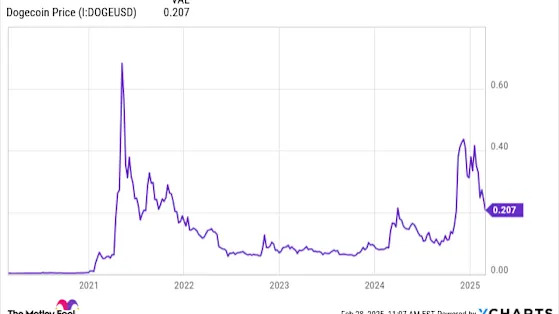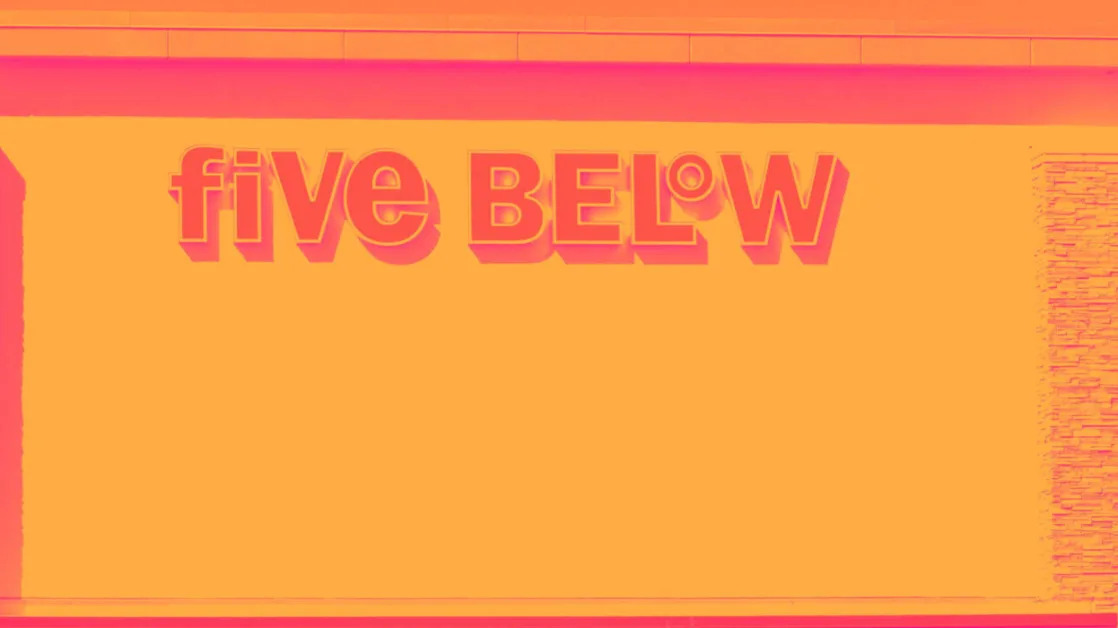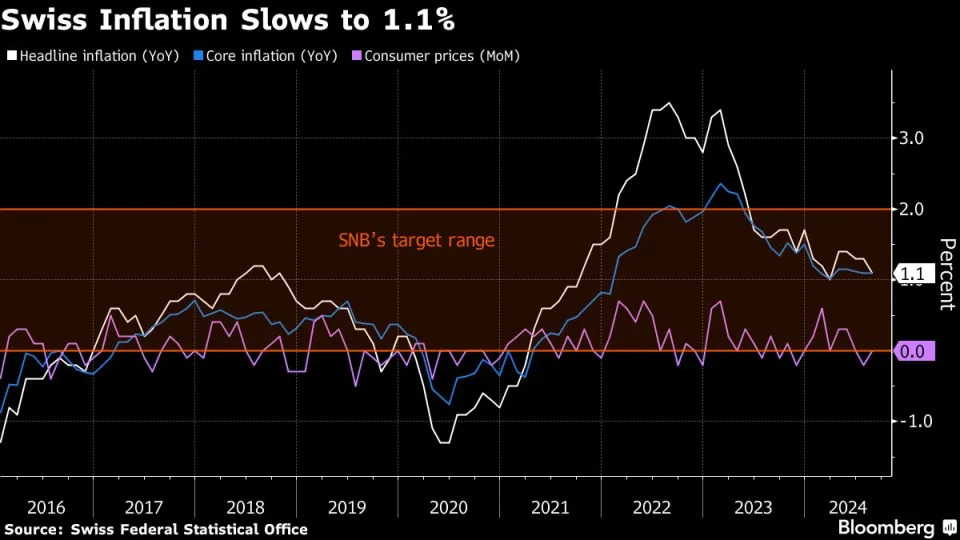(Bloomberg) -- Brazil’s annual inflation slowed less than expected in early January despite a drop in energy costs, highlighting the challenges facing policymakers as they prepare to raise the interest rate again next week.
Official data released Friday showed consumer prices rose 4.5% from a year earlier, above the 4.36% median forecast in a Bloomberg survey of economists. On the month, they increased 0.11%.
The central bank has pledged to deliver its second straight interest rate hike of 100 basis points next week — which would lift the benchmark Selic to 13.25% — as policymakers maneuver to control inflation. Economists are bracing for even more price pressures, as Brazil’s currency is being dragged down by concerns over President Luiz Inacio Lula da Silva’s public spending ambitions.
Those factors are adding to the list of challenges facing Gabriel Galipolo, the new central bank chief, as he kicks off his term. Consumer-price growth was well above the 3% target at the end of 2024 — and analysts surveyed by the bank see it finishing 2025 even higher than last year’s final print.
While housing costs dropped 3.43% in the first two weeks of January due to one-time electricity bill credits, all other groups of goods and services tracked by the statistics agency become expensive. Notably, food and beverages jumped 1.06% and transportation prices gained as airfare increased.
Swap rates on the contract due in January 2026, an indicator of the market outlook toward monetary policy at the end of this year, rose over 9 basis points in morning trading after the report showing faster-than-expected inflation.
Despite the drop in utility bills, analysts were quick to note that many underlying gauges of inflation that exclude volatile food and energy prices remained stubbornly high in the period, indicating strong demand.
“The print again showed further deterioration in underlying services and core measures,” said Dan Pan, an economist at Standard Chartered Bank. While the data is unlikely alter policymakers’ plans in the short term “the hiking cycle may be extended further if there is no significant improvement in underlying inflation in the coming months.”
Grocery Bills
For months, bad weather has fanned food prices and contributed to Lula’s sagging poll numbers. His economic team has begun to explore ways to bring grocery bills down, including making reduced-cost staples available in poor neighborhoods.
Those efforts are stoking fears about Brazil’s growing budget hole, which investors say Lula badly needs to close.
His administration triggered market backlash late last year after the government watered down a series of spending cuts by including tax exemptions for poorer workers. The resulting selloff sank the real to an all-time low against the greenback, driving up the price of imports.
Lula’s economic team is mulling a second package of austerity measures to soothe investor anxiety, but global markets are being jolted by President Donald Trump’s plans to slap tariffs on the US’s major trading partners.
--With assistance from Giovanna Serafim, Robert Jameson and Gabriel Diniz Tavares.
(Updates with market impact, analysis and context beginning in fourth graph)





